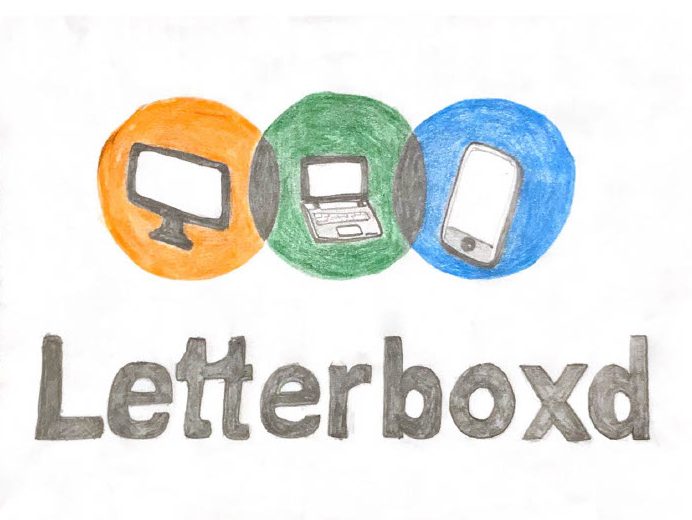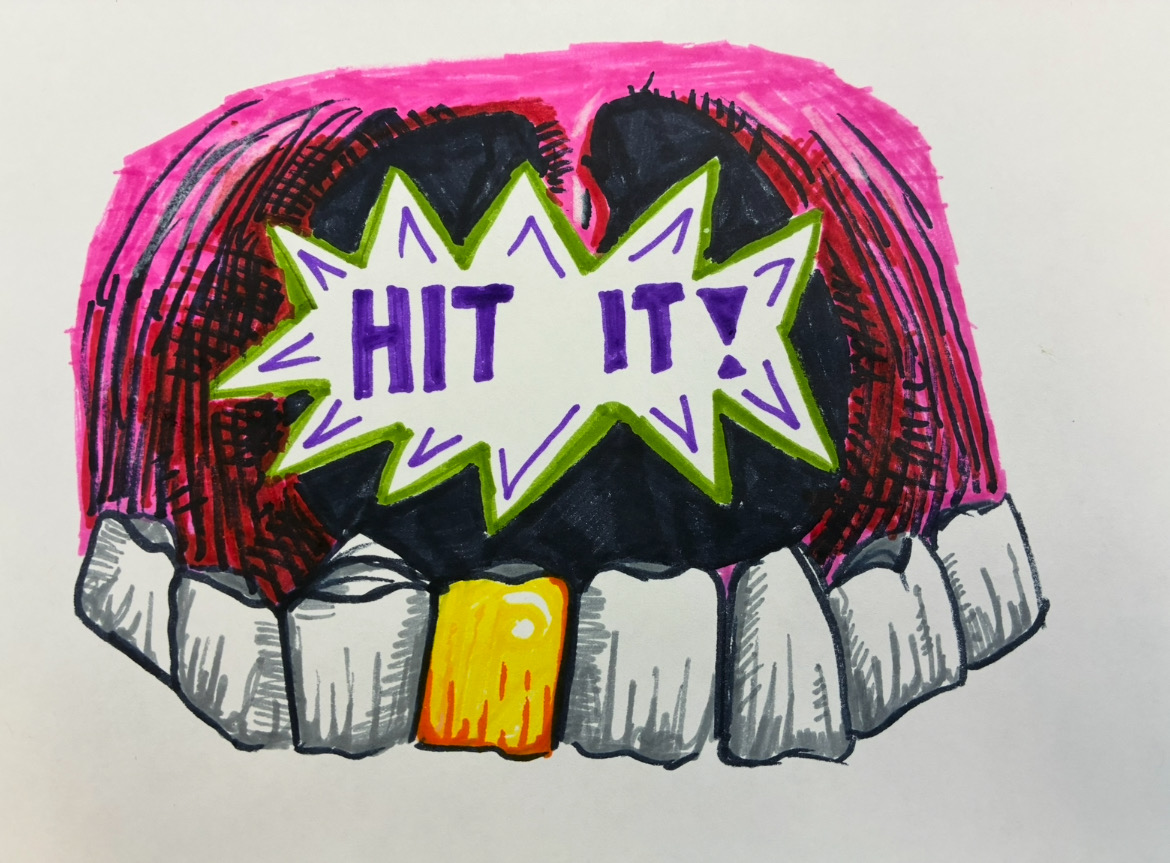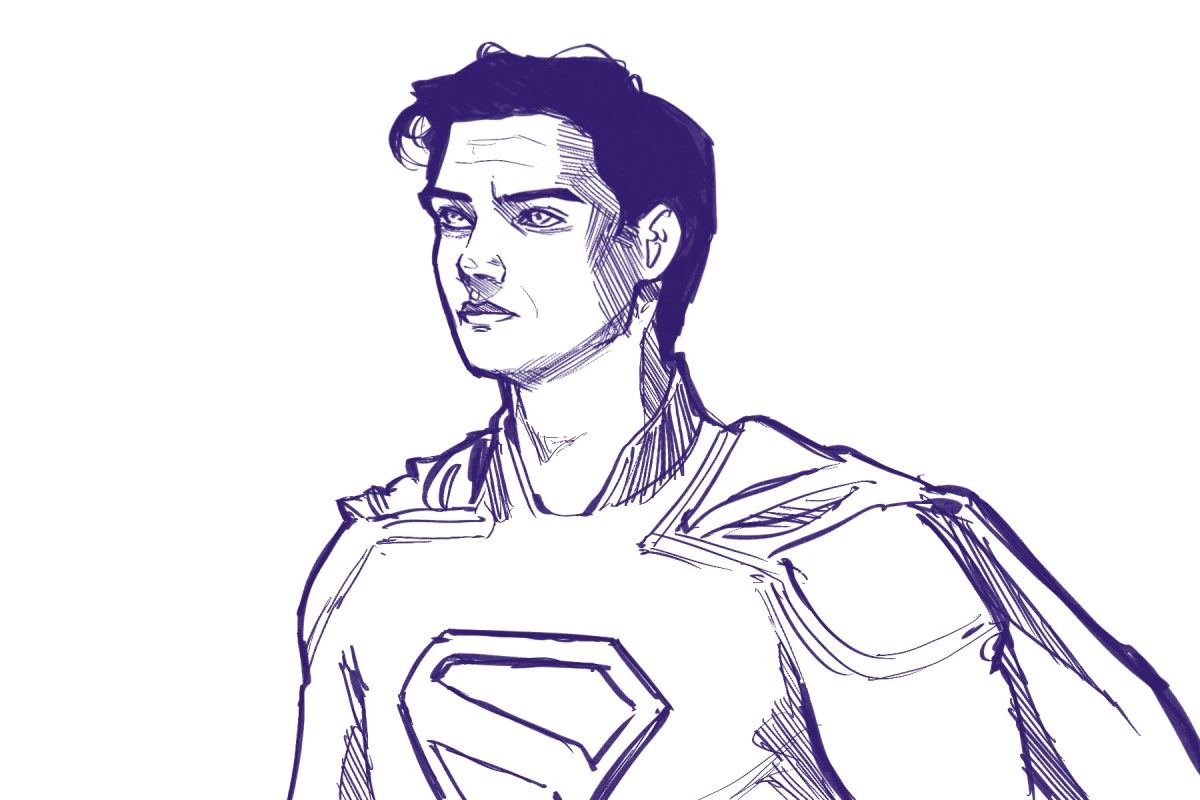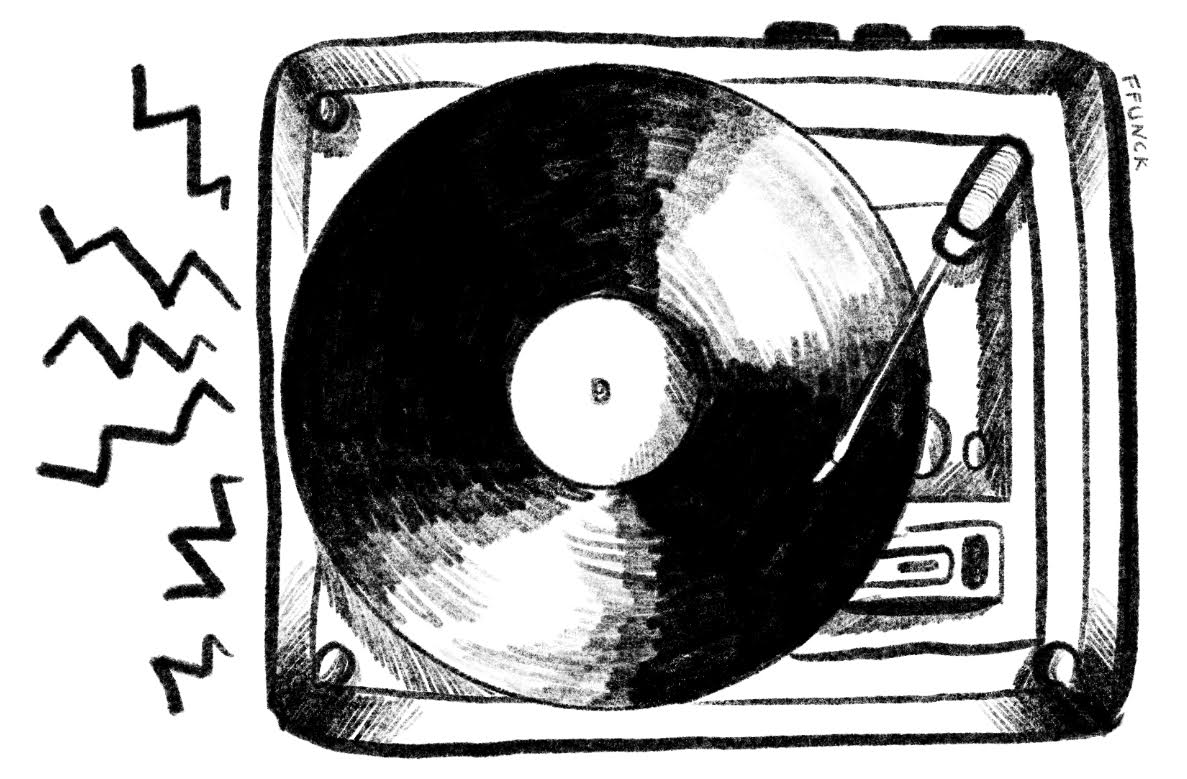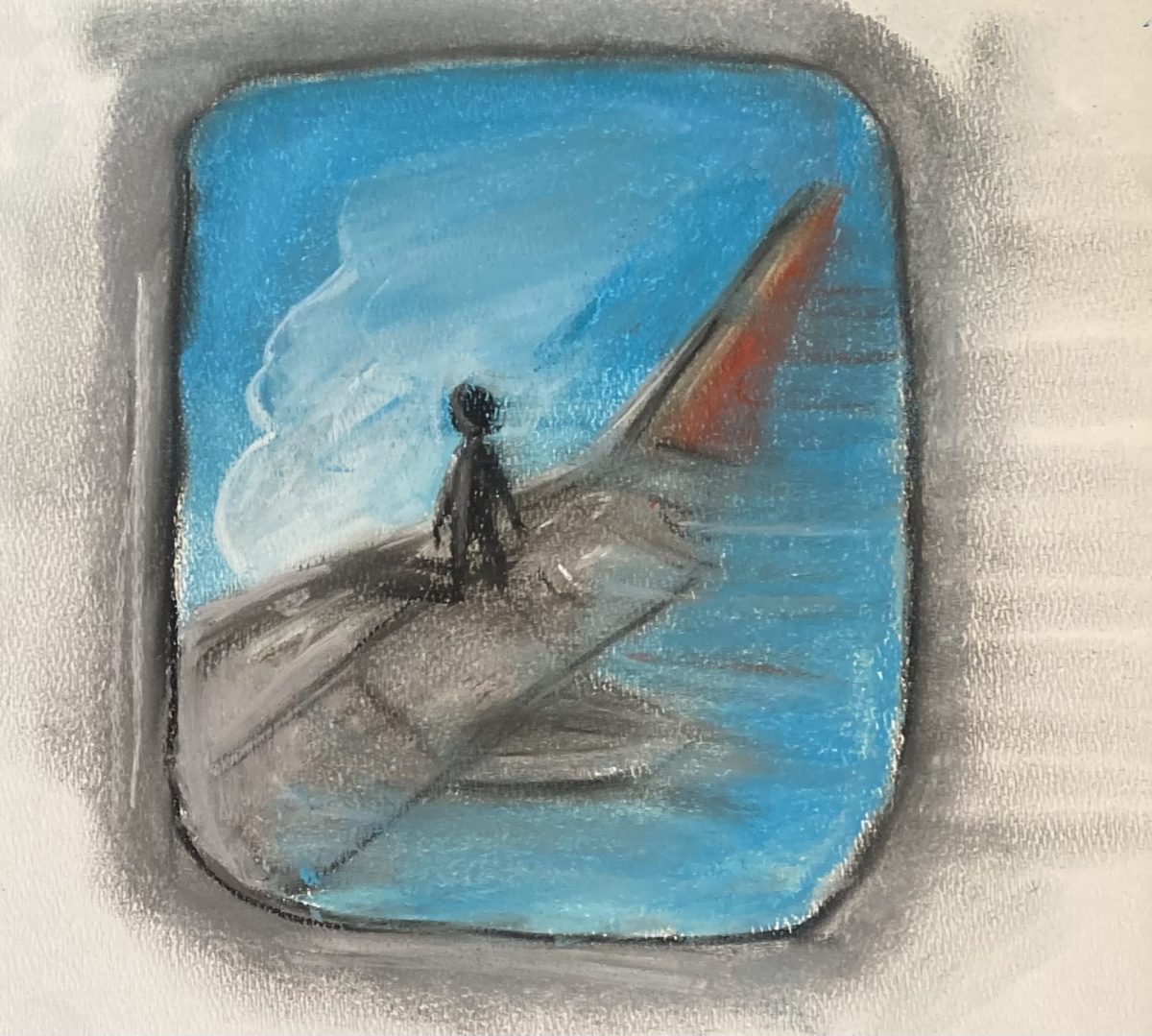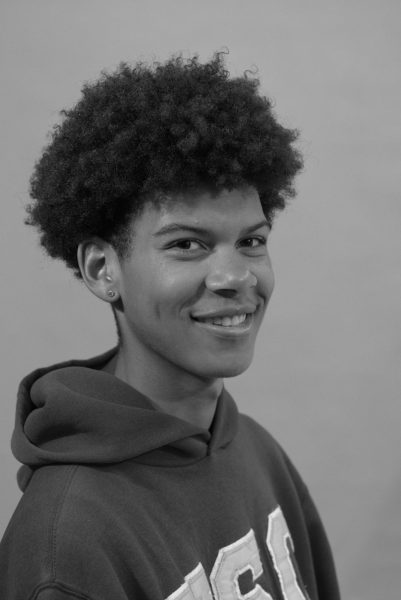Letterboxd, a rapidly growing movie review service with over 10 million users, has piqued the interest of many in recent months on social media. Letterboxd started as a way to fill the gap in the market for movie review sites targeted to the average film watcher. Co-founded by Matthew Buchanan and Karl von Randow in 2011 and maintained by a small team in Auckland, New Zealand, Letterboxd allows users to share their favorite films with the world and, in return, creates a community of movie lovers. Members can rate movies, write reviews, and participate in online discourse over all things cinema. Recently, Letterboxd has been interviewing actors on the red carpet, asking them questions like “What are your top 4 favorite films?” Seeing these actors answer these questions so earnestly deepens the connection we, as viewers, have with them.
Several things can be attributed to Letterboxd’s popularity, but one thing that can’t be overlooked is the recent boom in creative, thought-provoking movies being released and the discourse surrounding them. A prime example of this is the release of A24’s highly successful Saltburn. Saltburn is easily one of Letterboxd’s most-reviewed movies of the year with over 600,000 reviews, some more provocative than others. Saltburn is the type of movie that simply needs to be discussed in order to comprehend, and while TikTok seemed to be holding the mantle as the place for movie discourse, the conversation quickly spilled over to Letterboxd for more in-depth reviews. Another helpful push in Letterboxd’s rise to fame is an actress in a similar rise to stardom herself. Ayo Edebiri is the star of the Emmy-winning comedy-drama The Bear and the movie Bottoms. After revealing she’s been on Letterboxd since 2018, fans of Edebriri quickly found her Letterboxd account and reviews. Fans started posting some of her more outlandish and comedic reviews, on platforms like TikTok, using them as another way to get to know the actor on a more personal level. Surprise surprise, actors have favorite movies just like us!
Letterboxd as a platform is filled with the predominantly younger generation. Emily Jane Nolan ’26 told the Register Forum “I think the appeal of letterbox is that the reviews are written by people who are similar in age to me which helps give me a better idea of whether or not I will actually enjoy the movie. I love old people but I don’t always love their opinions.” Although it feels as if the world of film critiques is filled with old-timers, Letterboxd provides a space to change that. This writer hopes that filmmakers alike will use Letterboxd to quit moaning over the dying art of cinematography. Letterboxd proves that young movie watchers aren’t interested in fast-paced movies, with fake slang that tries desperately to appeal to Gen Z audiences. Young cinemagoers want what all movie watchers want: unique, creative, and genuine stories. Movies that make your brain race long after you’ve stopped watching. Movies that reach inside and invoke something within us, that makes us want to reach out to strangers, just to discuss what we’ve all just collectively witnessed. You know, the ones we can talk about.

